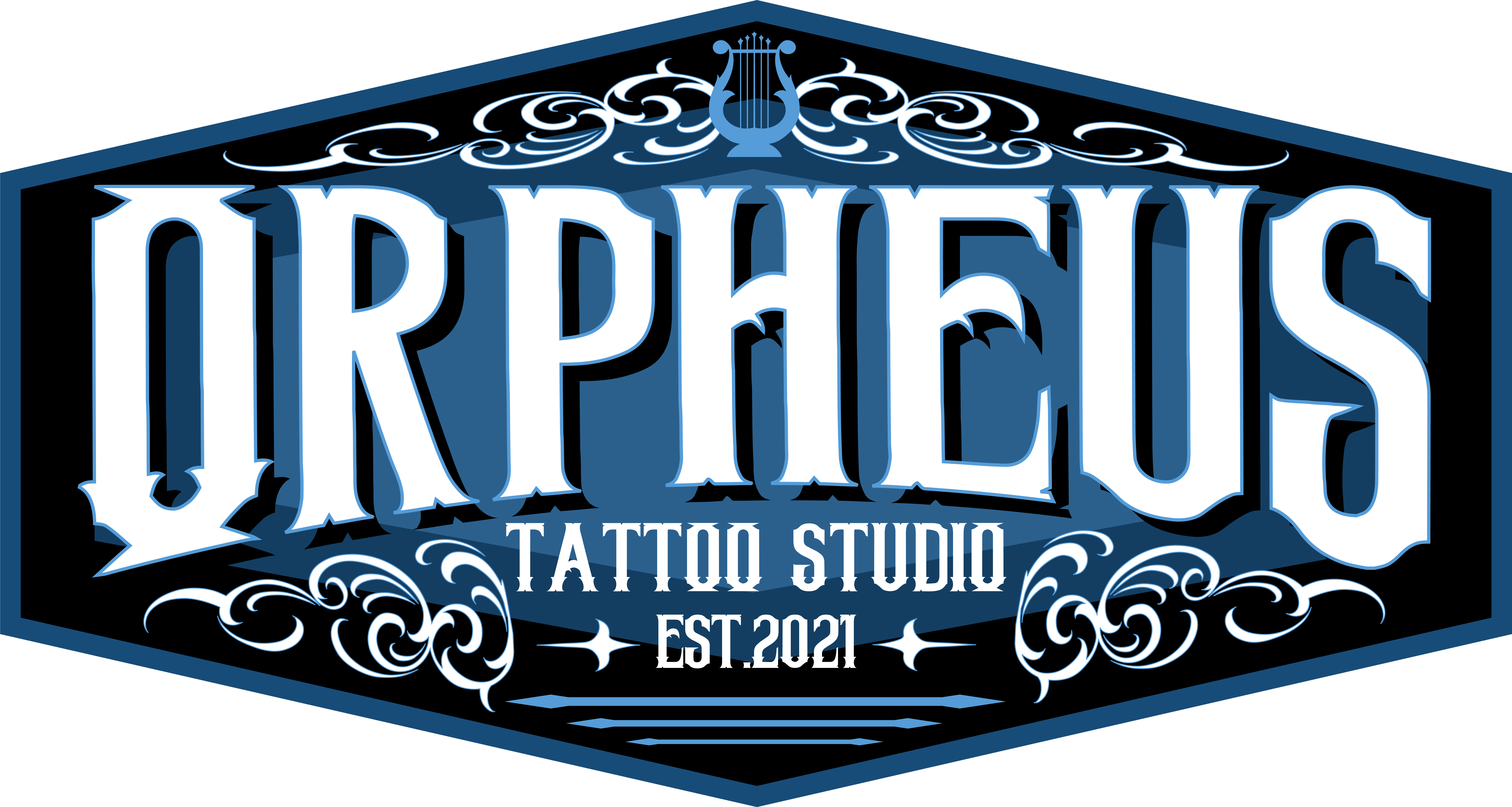Tattoos have come a long way from being seen as a symbol of rebellion or counterculture. Today, they’re a celebrated form of self-expression embraced by people from all walks of life. Whether it’s a minimalist design on a teacher’s wrist, a sleeve on a CEO, or a meaningful piece on a new parent, tattoos have become more accepted and appreciated than ever before.
The Shift in Perception
Not too long ago, tattoos were often associated with subcultures like bikers, sailors, or punk rockers. Mainstream society viewed them with suspicion or judgment, and visible ink could even be a deal-breaker for job opportunities or social acceptance. But as time has passed, tattoos have shed much of their stigma and gained recognition as a legitimate art form.
This cultural shift can be attributed to several factors:
- Celebrity Influence: High-profile figures like actors, athletes, and musicians proudly showcase their ink, normalizing tattoos in the public eye.
- Social Media: Platforms like Instagram have spotlighted tattoo artists and their work, showcasing the artistry behind the craft.
- Generational Changes: Millennials and Gen Z view tattoos as a norm, seeing them as a way to tell personal stories rather than as a sign of rebellion.
Tattoos in Professional Settings
Perhaps one of the biggest signs of change is the growing acceptance of tattoos in the workplace. While some industries, like law or finance, may still have conservative views, others are embracing tattoos as part of an employee’s individuality.
- Tech and Creative Fields: Tattoos are often celebrated as a reflection of creativity and innovation.
- Healthcare and Education: Many professionals in these fields now sport tattoos, breaking down stereotypes and proving that body art has no bearing on skill or dedication.
- Service Industry: Restaurants, retail, and hospitality industries are increasingly inclusive, with tattoos often seen as conversation starters with customers.
A Cultural Renaissance
Tattoos are no longer just personal—they’re cultural.
- Diverse Representation: Tattoos are celebrated in various cultures, from traditional Polynesian tatau to Japanese irezumi. These styles carry deep cultural significance and are being preserved and adapted by contemporary artists.
- Breaking Gender Norms: Once male-dominated, the tattoo industry now boasts many talented female and nonbinary artists, creating an inclusive space for clients and creators alike.
- Artistic Recognition: Tattoo conventions, museum exhibits, and reality TV shows like Ink Master have elevated tattooing to a respected art form.
Why Are Tattoos More Accepted Today?
- A Shift Toward Individuality: Modern society places a greater emphasis on self-expression and authenticity. Tattoos allow people to wear their stories, values, and passions on their skin.
- Health and Safety Standards: As the industry has become more regulated, concerns about safety have diminished, making tattoos more appealing to a broader audience.
- Community Connection: Tattoos often symbolize shared experiences, whether it’s a matching design with friends, a tribute to a loved one, or participation in cultural traditions.
What This Means for the Future
As tattoos become increasingly normalized, their potential to shape conversations about individuality, art, and culture continues to grow. Today’s acceptance paves the way for an even brighter future where body art is universally respected and appreciated.
Final Thoughts
Tattoos are no longer taboo—they’re a celebration of personal stories, art, and identity. Whether you’re heavily inked or just considering your first piece, you’re part of a movement that values creativity and self-expression.
How do you feel about tattoos and their place in today’s culture? Have you experienced this shift firsthand?

